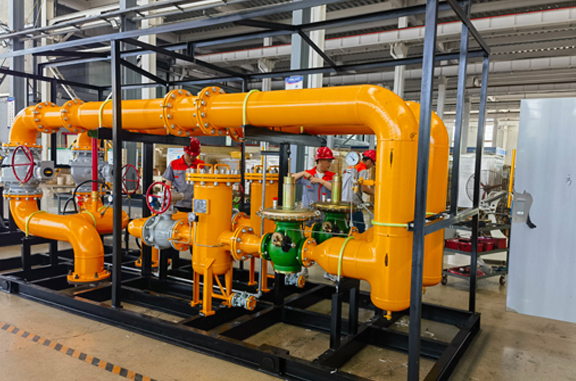In conclusion, gasification equipment represents a critical component in the transition towards sustainable energy systems. By harnessing this technology, societies can unlock the potential of varied feedstocks, contribute to waste management solutions, and significantly lower their ecological footprints. As the world continues to seek efficient and renewable energy solutions, gasification stands out as a viable and transformative technology.










